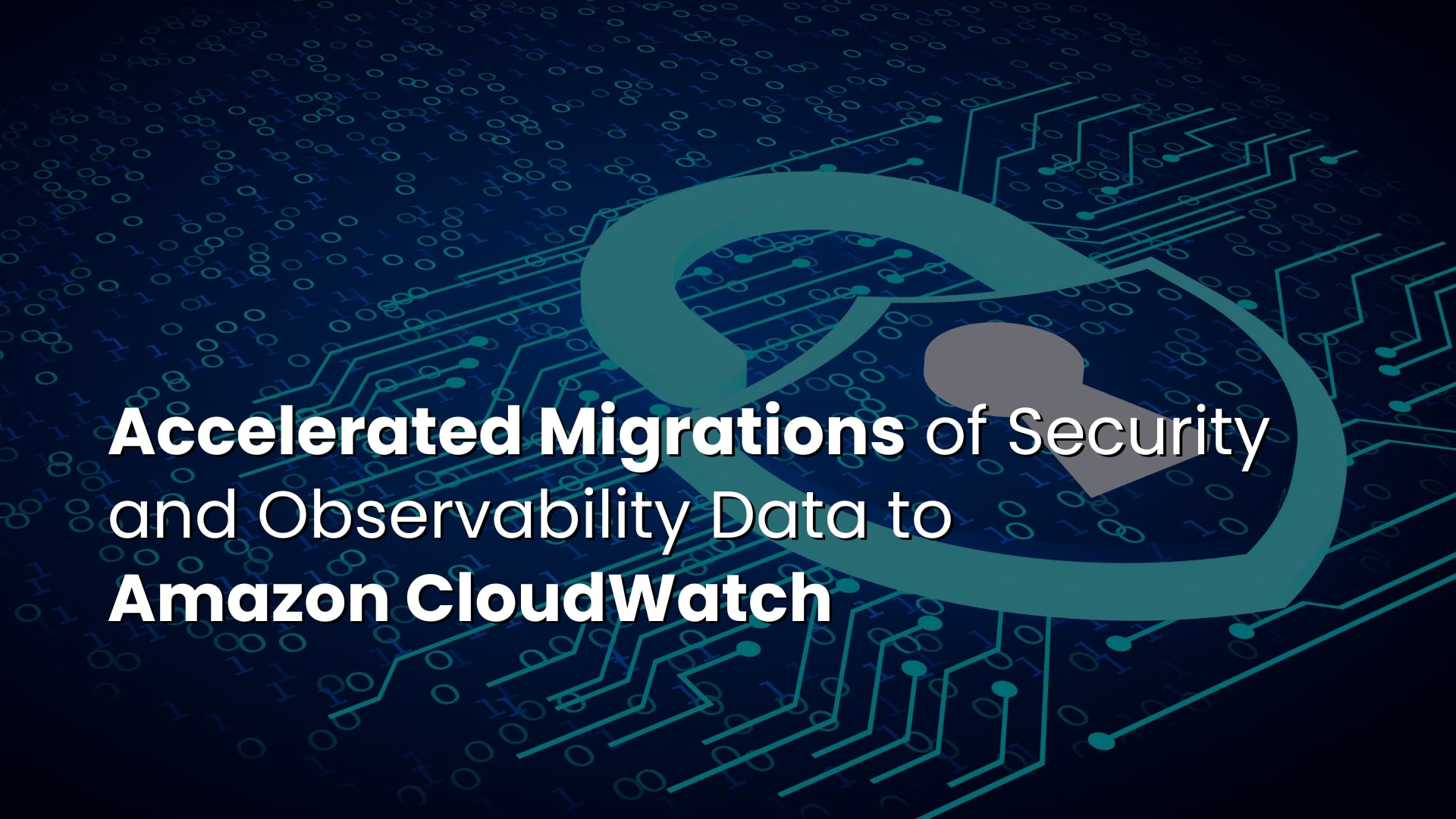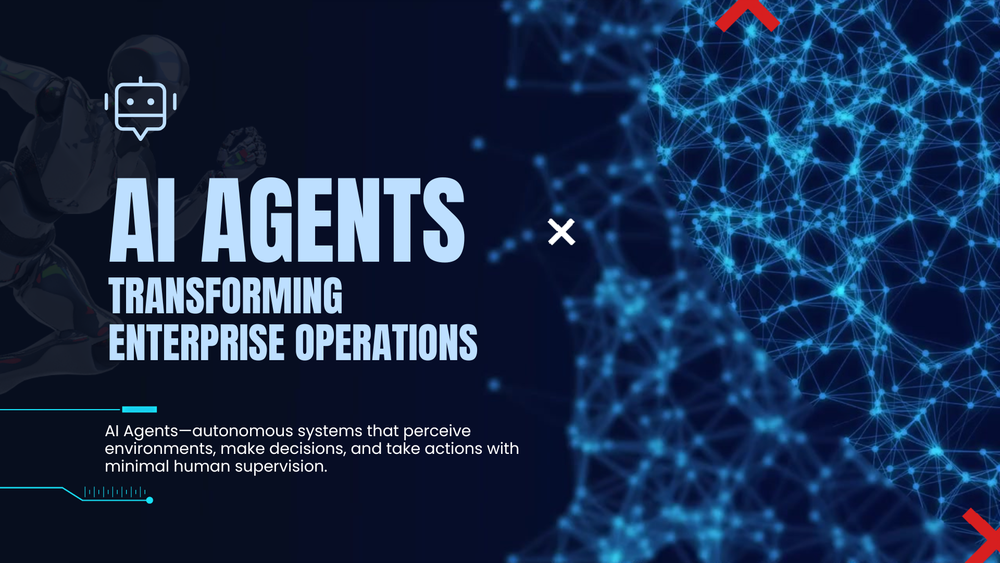Transforming Security Analytics with Generative AI

In today’s digital age,
security threats are becoming more sophisticated, and traditional security measures are no longer enough to protect against them. As a result, organizations are turning to advanced technologies such as artificial intelligence (AI) and machine learning (ML) to enhance their security measures. One such technology that is gaining popularity in the security industry is chat-GPT.
In this blog, we will explore how developing chat-GPT plugins can enhance existing security analytics products to be more effective.
What are Chat-GPT Plugins?
Chat-GPT (Generative Pretrained Transformer) is a powerful natural language processing (NLP) tool that enables machines to understand human language and communicate with humans in a natural way. Chat-GPT plugins can be used to enhance existing security analytics products by enabling users to ask questions and receive responses in natural language.
For example, a security analyst might ask a chat-GPT plugin, “What are the top five security threats in the past month?” The chat-GPT plugin would analyze the data and provide a response in natural language, such as “The top five security threats in the past month were malware, phishing, ransomware, DDoS attacks, and insider threats.”
How Can Chat-GPT Plugins Enhance Existing Security Analytics Products?
1. Better Communication
Chat-GPT plugins can enhance existing security analytics products by enabling better communication between security analysts and the security system. With chat-GPT plugins, analysts can easily ask questions and receive responses in natural language, without needing to understand complex technical jargon or use specialized tools.
This can be especially beneficial for non-technical stakeholders, such as executives or customers, who may not be familiar with the technical aspects of security analytics. By using chat-GPT plugins, they can easily get the information they need to understand the current security situation and take appropriate action.
2. Improved Accuracy
Chat-GPT plugins can also improve the accuracy of security analytics products by enabling more natural and intuitive interactions with the system. Rather than relying on pre-set queries or rules, analysts can ask questions and receive responses in a way that feels more like a conversation.
This can help to reduce errors and increase accuracy, as analysts are able to more easily identify and respond to potential threats. Additionally, chat-GPT plugins can learn from user interactions and adjust their responses accordingly, further improving the accuracy of the system over time.
3. Enhanced Efficiency
Finally, chat-GPT plugins can enhance the efficiency of security analytics products by reducing the time and effort required to perform certain tasks. With chat-GPT plugins, analysts can quickly ask questions and receive responses without needing to switch between multiple tools or systems.
This can be especially beneficial for tasks that require quick action, such as responding to a security incident or investigating a potential threat. By using chat-GPT plugins, analysts can quickly get the information they need and take appropriate action, without wasting valuable time or resources.
While there are many benefits, Plugins might also introduce risks that plague complex AI models. ChatGPT’s own plugin red team members found they could “send fraudulent or spam emails, bypass safety restrictions, or misuse information sent to the plugin,” according to Emily Bender, a linguistics professor at the University of Washington. See here.
Microsoft recently launched Security Copilot, other vendors will look to enhance their product capabilities as well in the near future. The industry will need to come together to use the technology responsibly.















